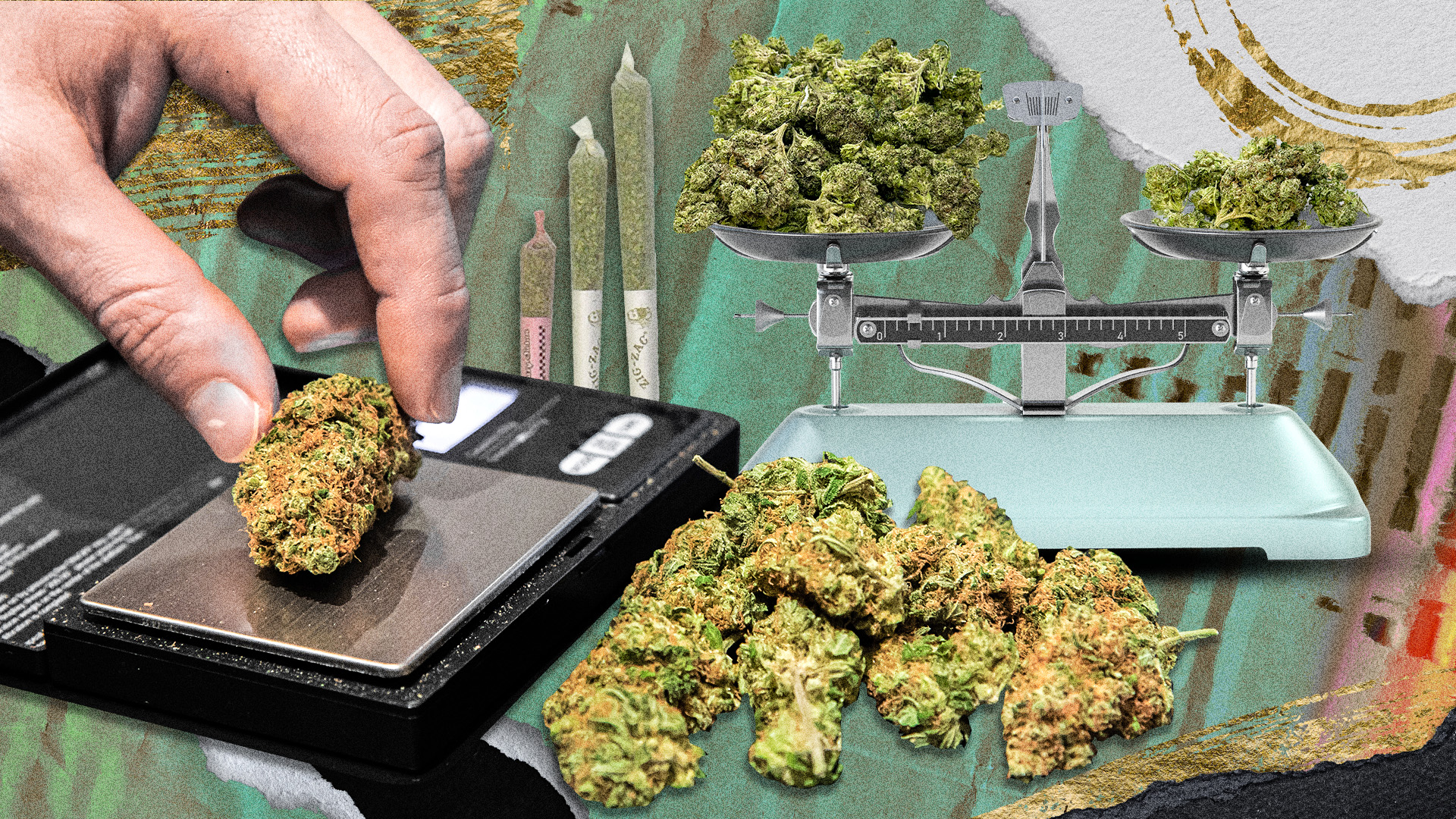A disputable new social media drug reporting bill believes that social media companies should screen client posts and report any drug-related exercises to the DEA. Senator Ron Wyden is unequivocally against this thought, profoundly worried that it could disregard individuals’ protection privileges and the right to speak freely.
The bill will correct the Controlled Substances Act (CSA) in a way that will require social media organizations to report examples where there are thought deals, assemblies, or ownership with a plan to disperse fentanyl, methamphetamine, remedy narcotics, and fake medications occurring in their organizations. The regulation forces a great fine of $190,000 if the business “intentionally neglects to make a report” to the DEA about pertinent medication-related content that they become mindful of. A subsequent offense would be deserving of a most extreme $380,000 fine. Cannabis and other controlled substances wouldn’t be explicitly focused on
Social Media Drug Reporting Bill Raises Major Privacy Worries
The Cooper Davis Act will require companies like Facebook and Twitter to actively look for content indicating illegal drug sales or distribution and pass it along to the DEA.
Supporters of this social media drug reporting bill argue this will help crack down on dangerous drug trafficking happening online. But privacy advocates and civil rights groups have really big worries about the implications.
One major issue is the highly vague language used in the bill around “intent to distribute.” Critics say this ambiguity leaves open the possibility of targeting regular conversations about simple drug possession, not just actual criminal sales.
Hefty Fines Could Pressure Over-Reporting
Giant penalties for platforms that fail to report suspicious content have many concerned that sites will end up over-reporting perfectly lawful discussions to avoid potentially massive fines.
Driving online organizations to screen client correspondences likewise starts a disturbing trend that could prompt substantially more warrantless reconnaissance of private residents by policing.
Senator Ron Wyden, a liberal from Oregon, has been a blunt critic of the social media drug reporting bill definitively due to the dangers it poses to Americans’ security and the opportunity for articulation on the web.
Even with the addition of amendments, Senator Wyden refuses to withdraw his objections or back down, demonstrating his steadfast commitment to vigorously defending Constitutional rights and civil liberties.
Position Aligned With Civil Rights Organizations
Major civil rights organizations and advocacy groups like the ACLU have also strongly criticized the social media drug reporting bill for violating privacy and free speech protections. Senator Wyden’s stance directly mirrors these groups’ concerns.
Why You Should Get Your Medical Marijuana Card
Veriheal has satisfied millions of patients nationwide by giving them access to these benefits
- Larger purchase limits
- Peace of mind
- Enhanced legal protection
- Access to higher potency strains
- Save up to 25% on cannabis purchases
- Skip the line at the dispensary
While acknowledging the severity of the opioid addiction crisis, Senator Wyden has compellingly argued that this bill does not actually provide meaningful solutions to the epidemic. He asserts that it would simply enable unnecessary government surveillance over citizens’ online activities.
This ongoing dispute highlights the extremely tricky balancing act between combating crime on social media platforms and preserving personal freedoms.
Critics have cautioned that enforcement-focused legislation often backfires in practice and ends up disproportionately targeting minority groups and communities of color. They argue lawmakers have a responsibility to meticulously think through potential unintended consequences.
Getting input from innovation pioneers, social equality advocates, civil rights reformers, and different gatherings influenced by these arrangements could assist with unwinding the complicated compromises included in the social media drug reporting bill. This input could lead to additional evenhanded arrangements. A few specialists recommend zeroing in more on harm reduction approaches fixated on drug training, compulsion treatment, and mental medical services assets, as opposed to cumbersome policing.
As online medication approaches keep on developing, open and comprehensive public discussion on the most proficient method to best offset public security needs with the safeguarding of computerized freedoms and common freedoms is essential.
It is critical that the perspectives of groups who are most affected by drug enforcement policies are centered in these conversations around reform. This helps ensure more equitable policymaking.
There are opportunities to collaboratively work with social media platforms on solutions, while also ensuring strong oversight that maintains privacy protections and room for future innovation.
In Conclusion: Dangers of the Social Media Drug Reporting Bill
Senator Wyden’s vocal objections to the social media drug reporting bill are an essential reminder that lawmakers should craft laws impacting civil rights and liberties with the utmost care and forethought.
While generation may be leveraged to help combat crime, it ought by no means to come at the rate of middle Constitutional freedoms. As they work to enhance public safety, elected officers should live unwavering in their obligation to staunchly defend the proper privacy and freedom of expression online.
The course ahead is sincerely complicated, with many competing interests at play. But if navigated with diligence, transparency, and open discourse, more balanced solutions are possible. Senator Wyden’s willingness to strongly challenge concerning legislation gives reason for hope.
Author, Share & Comments
















